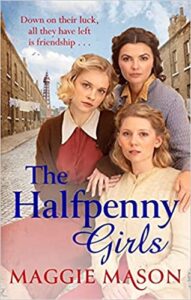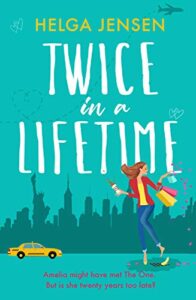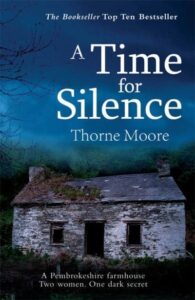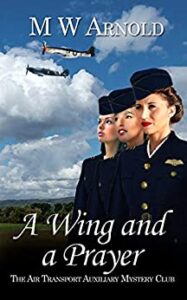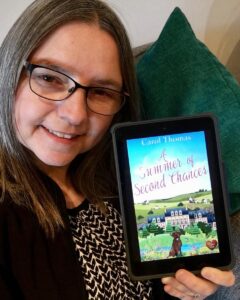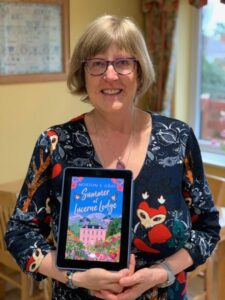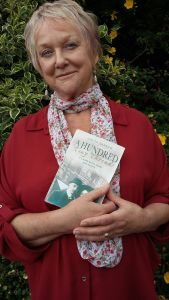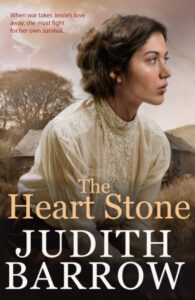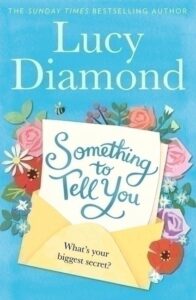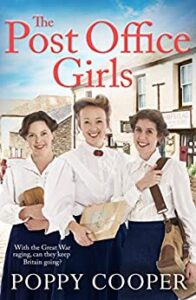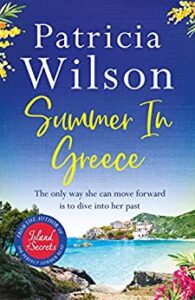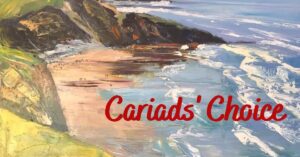 Jan Baynham’s Her Mother’s Secret, reviewed by Judith Barrow
Jan Baynham’s Her Mother’s Secret, reviewed by Judith Barrow
Her Mother’s Secret is set against the background of the Greek island of Péfka during different eras; 1969 and 2011. Two time frames linked by the two main characters, Alexandra and her mother, Elin; connected through time, by the diary that Alexandra finds after her mother’s death.
Elin and Alexandra are complex, well-rounded characters; very much of their time. Although never together in any scenes, the love they have for each other is threaded throughout the story. And the author has ensured that the reader becomes engrossed in these characters by intertwining their stories with a cast of believable minor characters.
The portrayals of the settings give an evocative sense of place.
There are many themes: of love, relationships, mystery, crime, secrets and friendships, woven to give a good balance of romance with a believable darker side of life.
Her Mother’s Secret is a novel I recommend to readers who enjoys a story grounded in the Romance genre but reveals itself to be so much more.
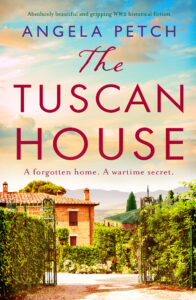 Angela Petch’s The Tuscan House, reviewed by Jessie Cahalin
Angela Petch’s The Tuscan House, reviewed by Jessie Cahalin
A story about the extraordinary lives of ordinary people during World War Two. The colours and culture of Italy are scarred with the horrors of war, and I was transported to war torn Italy by this clever, sensory writer.
Fosca’s resilience and resourcefulness impressed me. She recounts the bravery of women resistance fighters (partigiani) who took unthinkable risks, but never boasts about her own wonderful courage. Petch creates wonderfully real characters who involve you in their emotional journeys and you witness them change. Fosca shares the wisdom she had learned throughout.
Tuscan House is also crammed with action sequences and a wonderful secret. This complex world is presented effortlessly and explores love, motherhood, friendship and courage.
Another gripping novel from this writer. This novel is so much more than another story of a Tuscan house and I highly recommend it. I can’t wait to read the next book.
Kate Field’s Finding Home, reviewed by Morton Gray
Loved this book and the concept that a chance encounter can lead to a whole new way of life. I related to Mim and her wounded soul. The story made me long to be at the seaside again and to find out more about fossil hunting. The characters are well drawn and the hero, Corin very attractive on the page. I even worried about the dog! I’ve loved all of Kate Field’s books and this was no exception. More please …
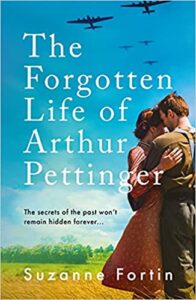 Suzanne Fortin’s The Forgotten Life of Arthur Pettinger, reviewed by Carol Thomas
Suzanne Fortin’s The Forgotten Life of Arthur Pettinger, reviewed by Carol Thomas
When I saw this book’s gorgeous front cover I knew I wanted to read it. From the very start, I was drawn into Arthur Pettinger’s life, a man in his nineties struggling with his memory as dementia is increasingly taking hold.
I adored Arthur, who has led an incredible life, including his SOE role in the war. His granddaughter, Maddy, and great-granddaughter, Esther, were lovely, supportive characters. Their warmth towards Arthur, compassion and understanding was touching.
The dual timeline that runs through the book, revealing snippets of Arthur’s life and love in WWII occupied France, had me turning the pages, as did the present-day search for Maryse (his past love).
The story is one of emotional highs and lows, love and loss. The ending is beautifully written, albeit that it had me sobbing. I loved this emotional, heartfelt read as much as I did Arthur, but I would advise having tissues at the ready.

